This is not the first time that it has been suggested that challenging babies with germs from the environment at an earlier age decreases their likelihood of allergies as they grow. Poverty, overcrowding, large families, animals in the home, and early exposure to germs in food have all been shown to be significant factors. Also babies delivered vaginally seem to have an advantage over babies delivered by caesarean section in this regard.
This study was performed by a group from Sweden and it was done very carefully, however there are some shortcomings. The sample size was rather small so the results are indicative rather than definite.
It has been suggested, in the later correspondence to the journal, that one should be reticent about recommending it until one is clear about the effect of, for instance, adult oral bacteria on babies in other not so helpful ways. Populating a baby’s mouth with germs that cause tooth decay was said to be a theoretical drawback to the practice, as was the adult oral carriage of potentially harmful viruses.
What is true is by the time that babies are six months old the chances are they have been wet-kissed literally thousands of times by their mother, they have stuck their little fingers into her mouth and then put them in their own, and they have been bitten, nuzzled and smooched so that they are entirely familiar with her oral germs and have made them their own.
So if you have reasonable oral health and are out and about with your dummy-dependent baby be reassured to know that you can clean the dropped dummy in this time-honoured way without too much anxiety.
Ref: Hesselmar et al. Pediatrics 2013; 131: e1829

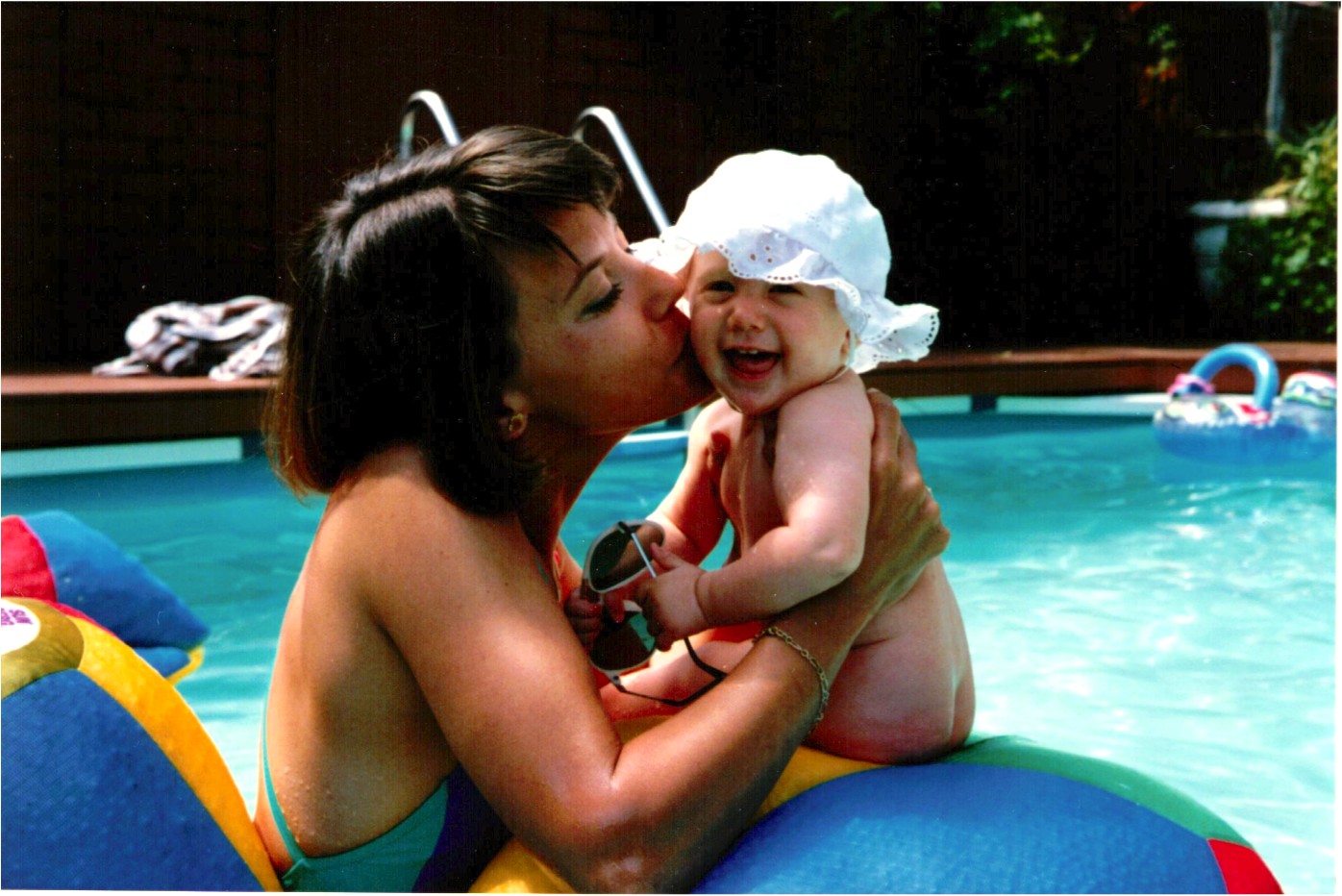
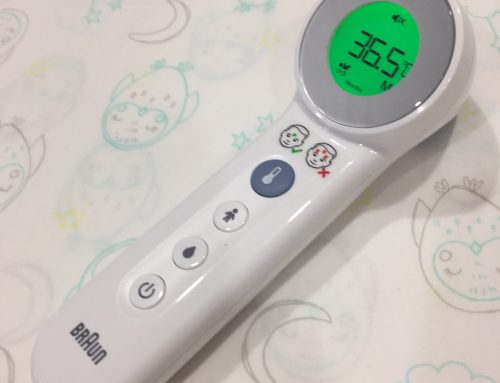
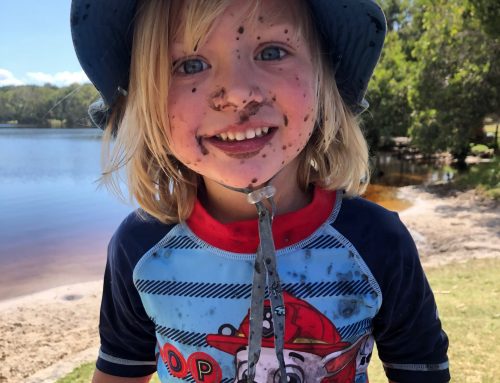
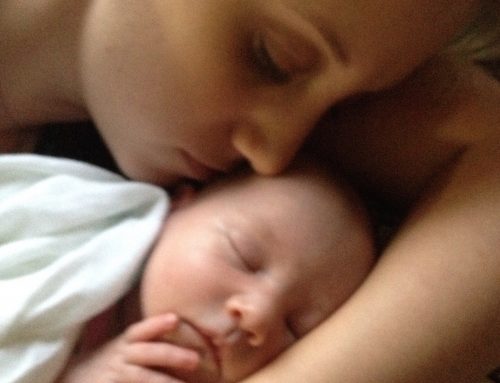

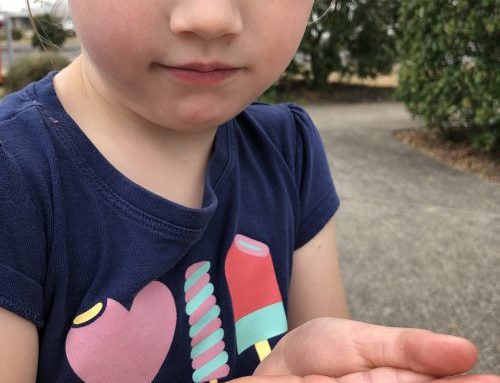



Leave A Comment
You must be logged in to post a comment.